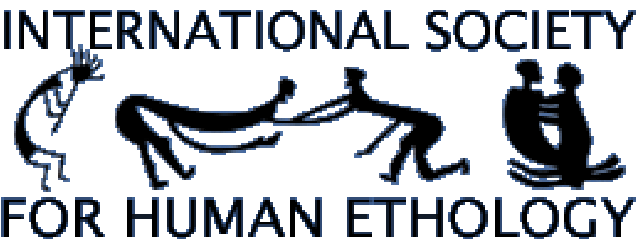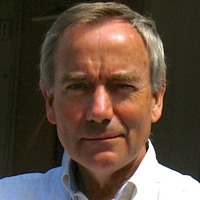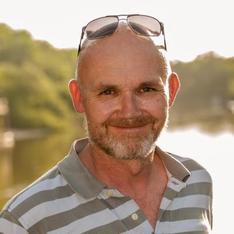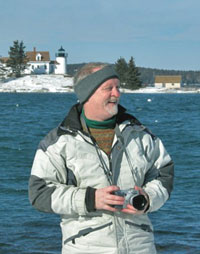About Us
Learn about the people and history of the Society
ISHE was founded in 1972 to promote exchange of knowledge and opinions concerning human ethology between scientists in a variety of disciplines. Key figures in the initiation of the society were its first President Irenaus Eibl-Eibesfeldt, Daniel G. Freedman, and William Charlesworth. The core topics of ethological inquiry are the same now as they were in 1972: fundamental and universal human behaviors such as infant attachment, emotion, dominance and other social relationships, nonverbal communication, courtship and ritual. The methods and scope of inquiry have however, expanded. Originally based on longitudinal naturalistic observations and cross-cultural fieldwork, ethologists now use, in addition, more technological methods borrowed from medicine, neurophysiology, behavior genetics and computer science.
Ethology has close ties to many disciplines both within psychology (evolutionary psychology, comparative psychology, developmental psychology, and linguistics), and without (behavioral ecology, evolutionary biology, physical anthropology and cultural anthropology). Recently it has come to the attention of theorists and practitioners of the arts as well. The underlying theme that brings all these disciplines together is the belief that human behavior, cognition and affect have evolved through the processes of natural and cultural selection, and that a Darwinian framework provides the best vantage from which to design and interpret research.
ISHE provides a forum for interdisciplinary discussion via its open access journal, Human Ethology. HE features book reviews and, as of 2012, a variety of peer-reviewed articles. ISHE also sponsors two series of biennial meetings: a larger biennial Congress and, in odd numbered years, a Summer Institute on Human Ethology.
ISHE is an international society with a membership spanning approximately 26 countries. The society is highly interdisciplinary; members come from backgrounds and departments in psychology, anthropology, biology, primatology, psychiatry, public health, nursing, and of course, ethology.
By 1972, as a result of informal contacts among researchers from the University of Chicago who had gathered around Dan Freedman, a group around Irenaeus Eibl-Eibesfeldt at the Max-Planck-Institute in Seewiesen and researchers from Bill Charlesworth´s group at the University of Minnesota, a small group of somewhat innocent, self-labeled human ethologists held the first international meeting at the University of Minnesota. Attendance consisted mostly of German, Canadian, and American students.
It was a modest beginning to say the least, but it did lead later to two much larger, more sophisticated meetings. The first one was held in Starnberg (Eibl´s first research station); the second immediately followed in London under the sponsorship of Nick Blurton-Jones. Both meetings were very well attended and, despite much healthy disagreement on about almost everything, it became apparent that a substantive scientific enterprise was in the making.
(Bill Charlesworth)
| President | Elisabeth Oberzaucher |  |
| Vice President | Jan Havlicek |  |
| Editor, Human Ethology | Iris Holzleitner |  |
| Membership Chair | Caroline Allen |  |
| Treasurer | Amanda Hahn |  |
| Secretary | Ana Maria Fernandez |  |
| Webmaster | Ian Stephen |  |











